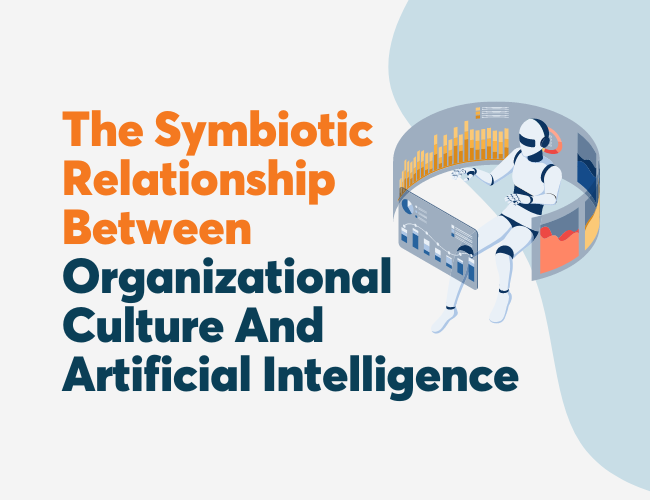The 2017 – 2018 flu season is here, and data predicts that it will be a bad one. The main strain of flu circulating around might be particularly more malicious than other seasons, and the flu vaccine was only 10% effective when introduced to the same strain in Australia. Offices filled with employees are like breeding grounds for these virus, and seeing your colleagues going down with the flu is no fun.
To help offices fight against the flu season, Wellable has prepared an infographic on the three best practices to avoid getting sick this winter. Read up on these scientifically-proven tips and share them with your “neighbors” to protect them, yourself, and everybody else around you against the sniffles!

Healthy Habits
If one were to look at illness prevention methods like a pyramid, healthy habits would be the base.
- Staying active and in-shape is one of the best ways to avoid sickness during the winter season but tends to fall by the wayside as people become less active during cold weather. Exercising vigorously for at least two and a half hours each week could prevent 100 cases of flu per 1,000 people each year. Make sure to keep your activity levels up!
- Get enough sleep! “People who get less than seven hours of shut-eye nightly are three times more likely to catch a cold than those who get eight or more hours.”
- Avoid touching your eyes, nose, and mouth and wash your hands frequently. Germs can live on any surface for two hours or more!
- Stay home if you’re sick! One out of four Americans go to work sick and risk spreading their illness to their beloved colleagues. Don’t be that person.
Nutrition
Proper nutrition is crucial to avoid becoming sick. Focusing on certain food groups that are commonly lacking in many diets will help take your immune system above and beyond the baseline.
- Leafy greens: Vitamins A, C, and E are absolutely crucial for boosting your immune system and just one of the many benefits from eating foods like kale and spinach is obtaining these essential vitamins.
- Yogurt and other dairy: The body of evidence that suggests probiotics are effective in fighting off illness continues to grow, and yogurt is one of the best sources for obtaining these helpful microbes. Just stay wary of the sugar content of some yogurt brands.
- Fish: We don’t need to harp more on the many benefits of omega-rich fatty acids found in fish, but they also contain vitamin D, which becomes more deficient with the decrease in daylight during the winter.
- Garlic: One study gave 146 healthy volunteers either garlic supplements or a placebo for three months. The garlic group had a 63% lower risk of getting a cold, and their colds were also 70% shorter.
Supplements
The most effective way to fight the cold and flu is getting your nutrition, hydration, physical activity, and sleep in check. Without consistently adhering to these actions, supplementation will have a minimal impact. However, these supplements have shown promise in boosting your immune system past what can be achieved with general healthy habits.
Here’s a list to help you navigate the sea of information on supplements:
- Andrographis Paniculata: An herb that “appears to be effective in reducing the length and severity of colds.”
- Garlic: Yes, this is listed as a food to eat above as well. However, it is difficult to consistently eat the necessary amount of this superfood to attain it’s immune-boosting benefits.
- Pelargonium sidoides: While this plant-based supplement has shown immense effectiveness against bronchitis, it is also showing promise for fighting the common cold.
Less effective supplements
- Vitamin C: Unless you are a high-level athlete, extra supplementation of vitamin C will most likely do nothing for you. This is especially the case if you are already sick, as vitamin C, when it does work, is most effective as a preventive measure.
- Echinacea: This one is very commonly used to fight colds. However, the research on the actual effectiveness of echinacea is mixed to say the least. While it has other health benefits, it may not be worth your money when specifically used to fight the cold or flu.
- Glutamine: Unless you are a vegan or vegetarian with low dietary intake, additional glutamine supplementation will likely do very little for you. If you are in a restricted diet that does not allow for natural glutamine intake, then glutamine supplements will indeed make a difference.












